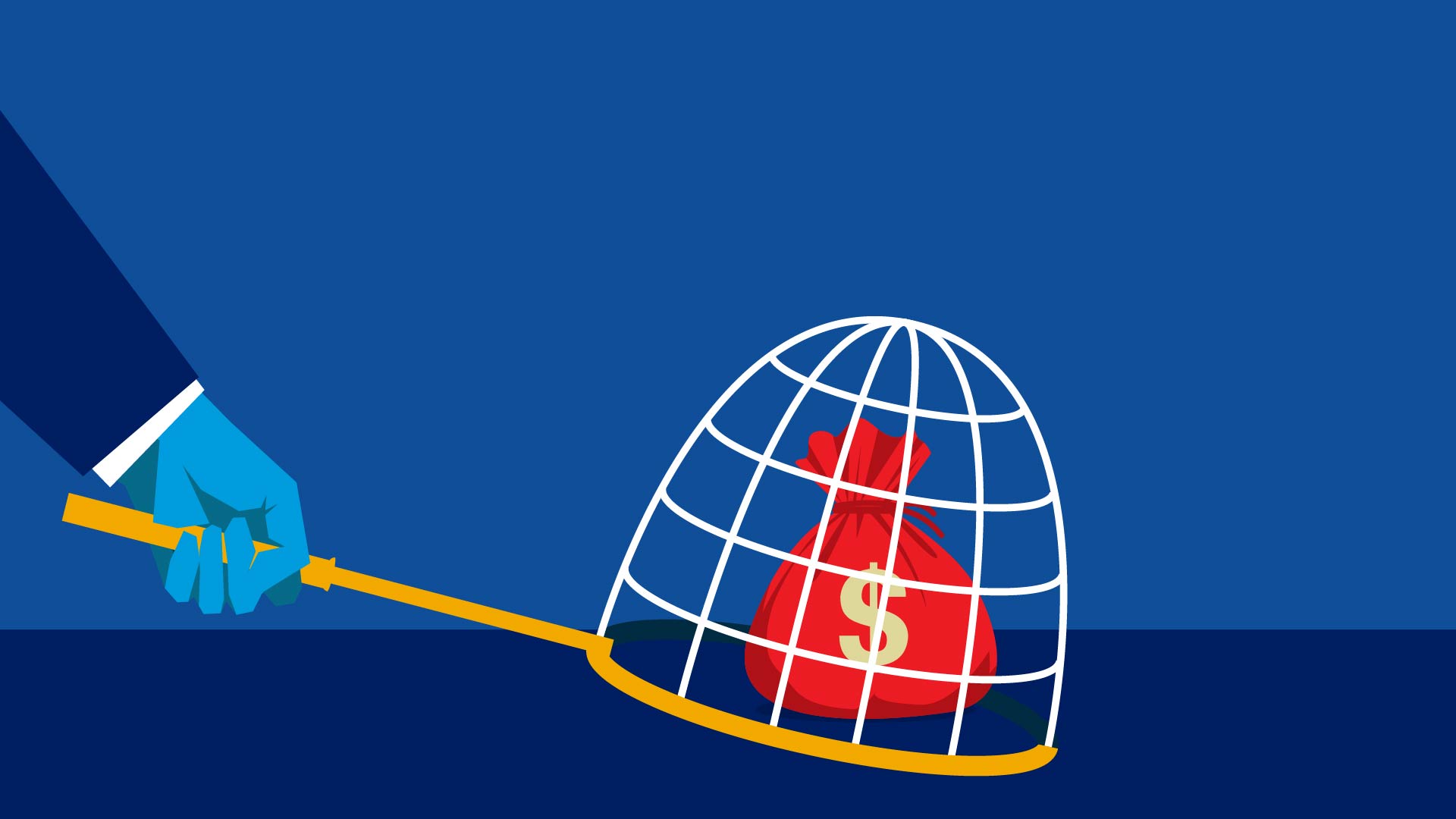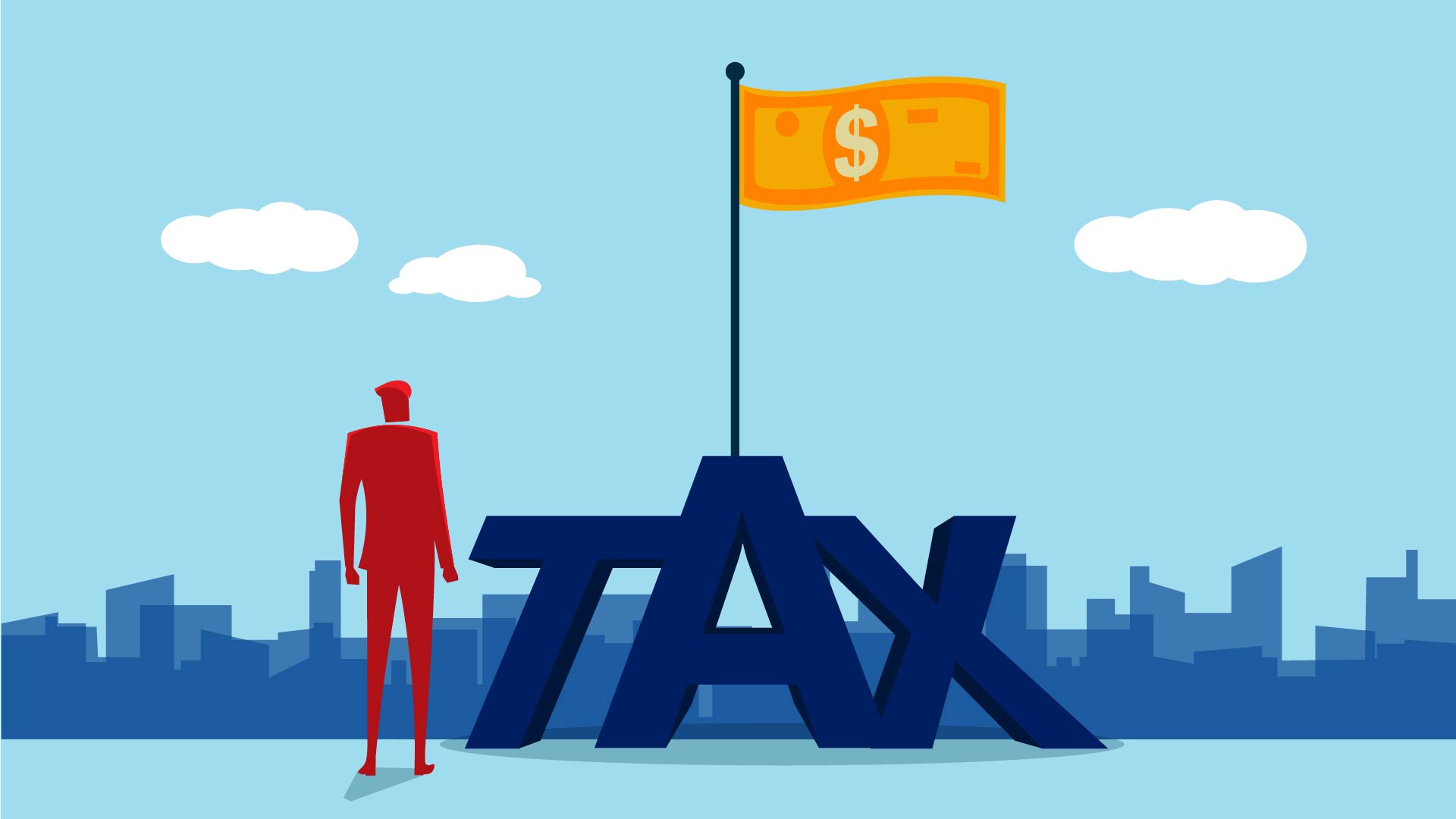
The IMF and the Fight Against Illicit Financial Flows

What are illicit financial flows?
Illicit financial flows refer to the movement of money across borders that is illegal in its source (e.g. corruption, smuggling), its transfer (e.g. tax evasion), or its use (e.g. terrorist financing).
For decades, the IMF has played a key role in international efforts to combat these opaque and often destabilizing transfers. It also has longstanding concerns with flows that are not strictly illegal but are associated with tax avoidance.
What is the impact of ITAFF?
Illicit and tax avoidance related financial flows (ITAFF) can have a significant impact on the economic stability of a country and the global financial system. They can drain foreign exchange reserves, distort competition, inflate prices for real estate and other assets, lower tax receipts, and reduce government revenue. They divert resources from public spending and can cut into the capital available for private investment. Illegal flows also can encourage further criminal activity, undermine the rule of law, erode trust in public institutions, and threaten a country’s political stability. In addition, ITAFF can have a negative impact on the broader economy, with potential spillovers into other economies, including by deepening inequality and weakening social cohesion across and within countries.


How big a problem are ITAFF?
ITAFF are inherently difficult to measure given the illegality and opacity associated with some of these flows, their transfer across borders, and the lack of transparency into the activities that underlie them. Many of these flows are generated by activities that are deemed financial crimes in the context of anti-money laundering and combating the financing of terrorism (AML/CFT). Attempts to measure ITAFF rely on indirect methods, so estimates are often approximations and sometimes incorrect. Nevertheless, evidence suggests that these flows may be substantial.
What is being done to combat ITAFF?
There are several international efforts, including:
- Financial Action Task Force (FATF), which sets the standards for international action against money laundering and terrorist financing.
- Global Forum on Transparency and Exchange of Information for Tax Purposes, which sets standards for the automatic exchange of financial account information, including to reveal the real owners of anonymous legal structures.
- OECD Inclusive Framework on Base Erosion and Profit Shifting (BEPS), which tackles tax avoidance by improving the coherence of the international tax rules and addressing new tax challenges arising from the digitalization of the economy.
- Extractive Industry Transparency Initiative (EITI), which promotes open and accountable management of natural resources, and the World Bank’s work in related areas.

How is the IMF addressing ITAFF?
As part of its mandate to ensure the stability of the international monetary system, the IMF works to address ITAFF in the following ways:

AML/CFT
The IMF has helped shape domestic and international policies against money laundering and terrorism financing. It works with member countries to enhance their AML/CFT frameworks and has fully integrated AML/CFT and financial integrity into its mainstream activities and programs, including policy advice, capacity development, and the Financial Sector Assessment Program (FSAP).

Tax evasion
The IMF provides technical assistance to strengthen member countries’ tax systems, including by improving tax compliance and enforcement. It has worked with countries to help them develop the legal framework and administrative capacity to exchange tax information internationally and domestically. The IMF has also been a leader in fiscal transparency standards and implementation advice, including in the area of natural resources.

Tax avoidance
The IMF has a technical assistance program to help member countries strengthen their tax systems to guard against domestic and international tax avoidance, including the issues addressed by the OECD/G20 BEPS project. The IMF has been a thought leader in reforming the international tax system to combat tax avoidance. IMF staff contribute to discussions on international taxation in forums such as the Inclusive Framework on BEPS and the UN Committee of Experts in Tax Matters. The IMF collaborates with the OECD, the World Bank, and the United Nations through the Platform for Collaboration on Tax, in particular on international tax issues.

Enhancing governance
Because proceeds of corruption are a key part of illicit financial flows, the IMF’s Executive Board supports engagement on governance and corruption issues in member countries.

Monitoring
The IMF provides technical assistance to help countries better understand the size of illicit financial flows and has developed guidance on how to record unaccounted wealth and the recovery of looted assets.
This page was last updated in February 2023






